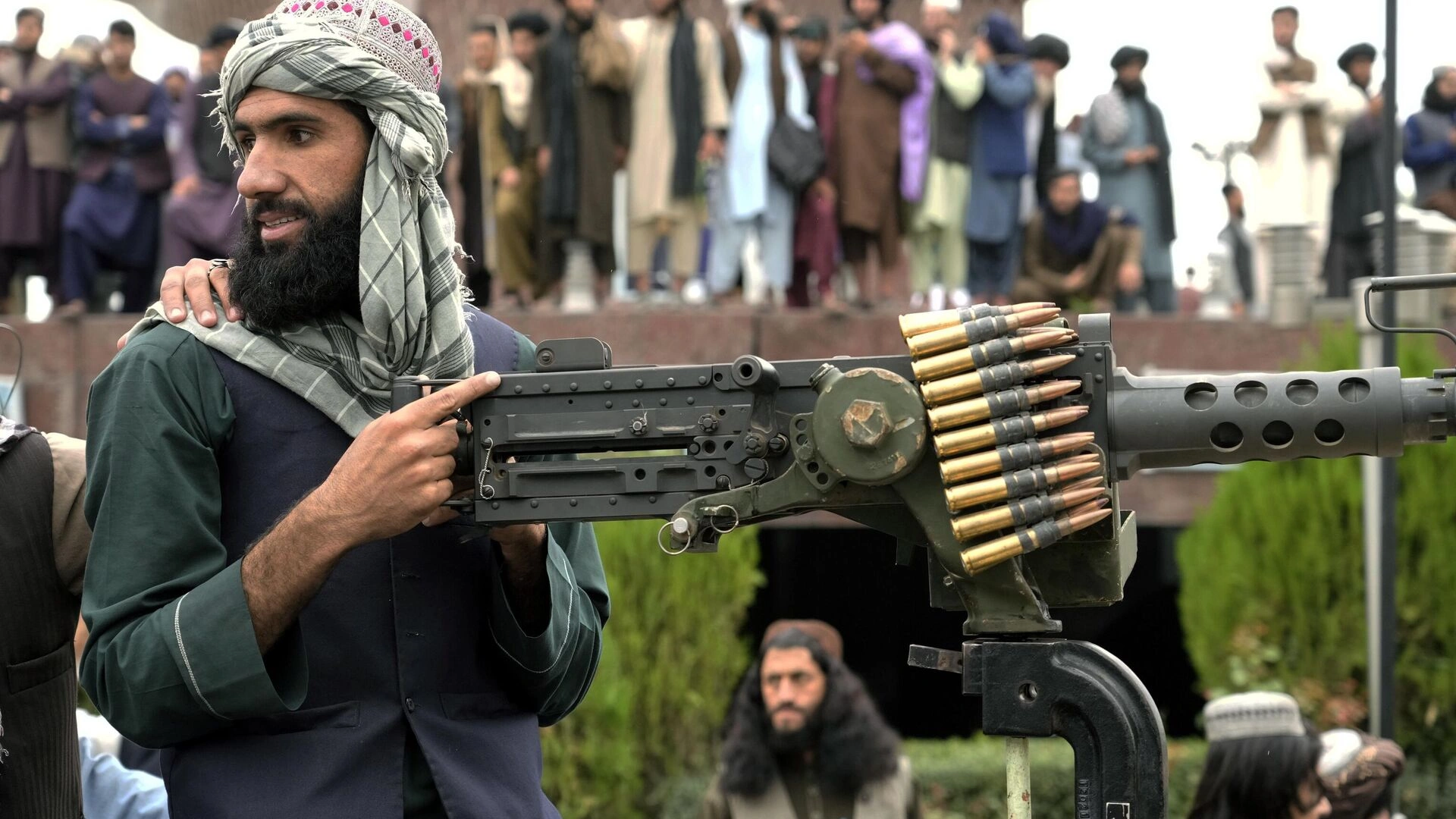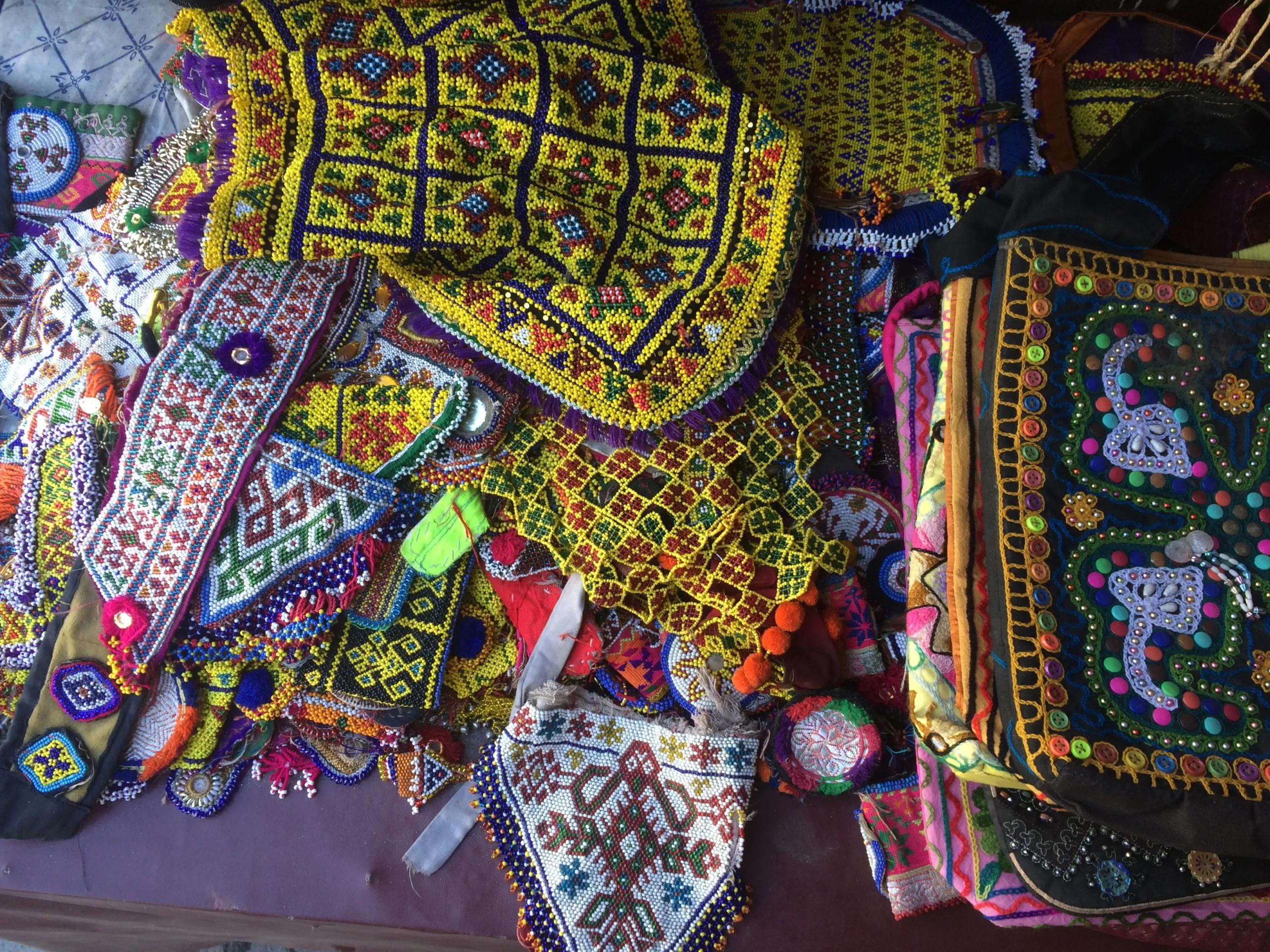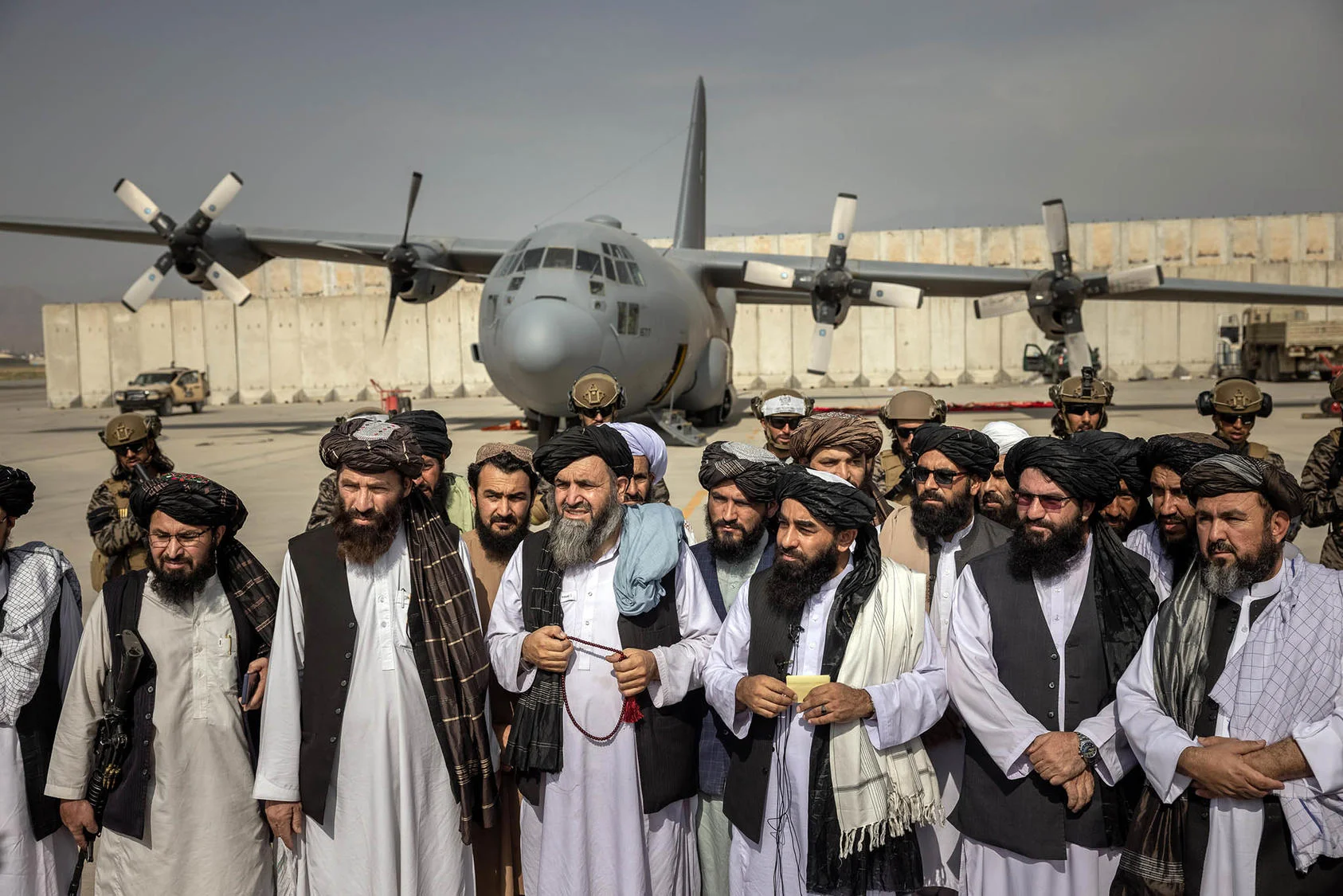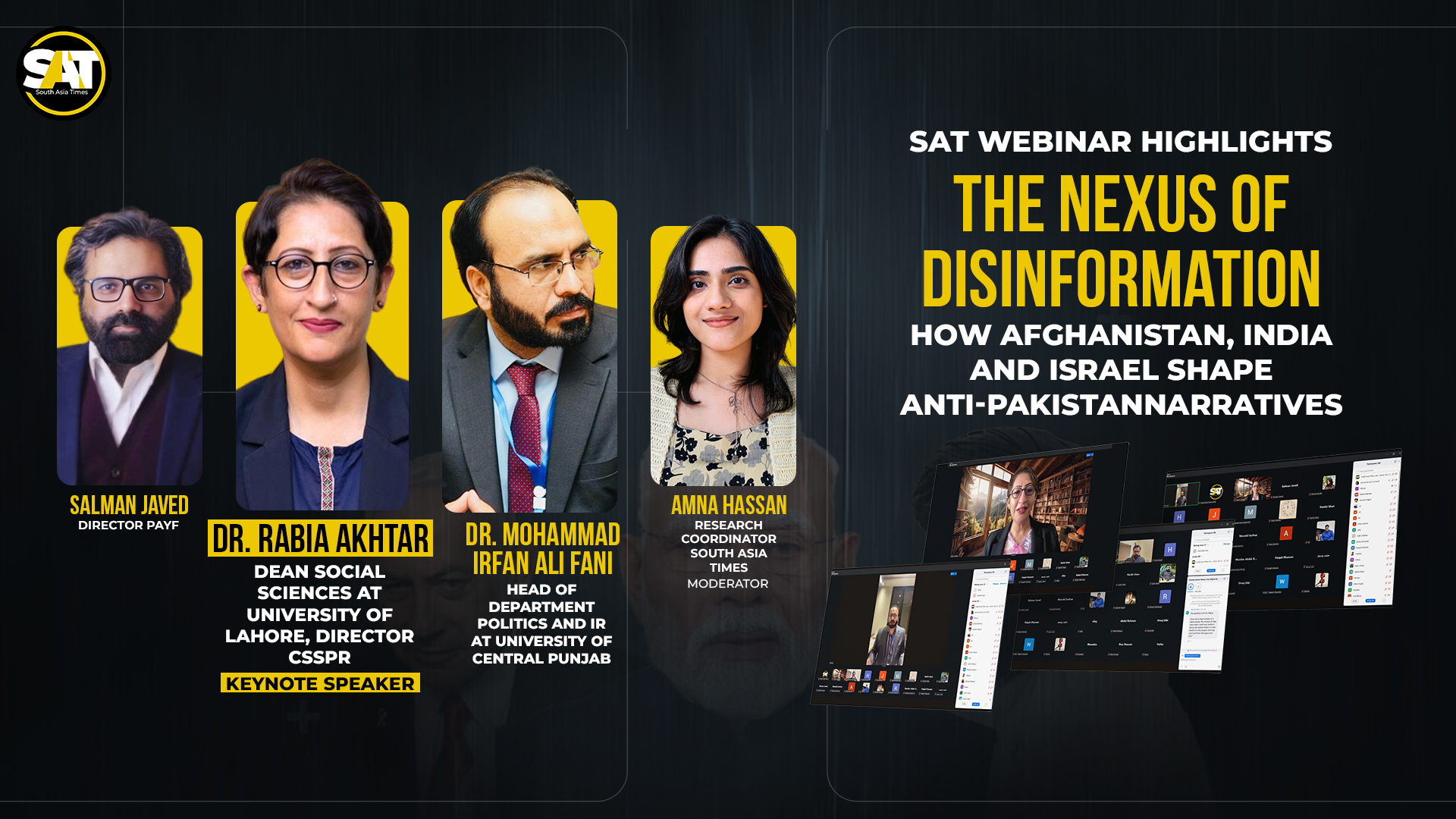He was called many things throughout his long and tumultuous life: a firebrand, an ideologue, a separatist, and to millions, a leader. But to those who followed the struggle for self-determination in Indian-occupied Kashmir, Syed Ali Shah Gillani was, above all, the unwavering voice of a people’s deepest aspirations. His passing on September 1, 2021, at the age of 92, marked not an end, but a profound and lasting testament to a life defined by unyielding resistance and a single-minded devotion to a cause he believed was righteous and just.
The Architect of an Ideology
Born in the quiet village of Zurimanz in the Bandipora district of North Kashmir, Syed Ali Shah Gillani’s political identity was not a spontaneous creation but a carefully constructed ideology rooted in his formative years. He pursued his education at Oriental College of Punjab University in Lahore, a crucial intellectual and political hub for the Muslim community of the subcontinent.
His time in Lahore was a period of intellectual awakening. It was here that he was deeply influenced by the Two-Nation Theory, the foundational ideology that posited a separate homeland for the Muslims of British India, and the poetry of Allama Muhammad Iqbal, the spiritual father of Pakistan whose vision of Muslim revivalism resonated deeply.
This academic and ideological grounding solidified his belief that the Muslim-majority state of Jammu and Kashmir was, by its very nature, an unfinished part of the Partition of 1947. Gillani saw the issue not as a mere territorial dispute but as a matter of religious and cultural survival. He believed that the destiny of Kashmir’s Muslims was inseparable from that of Pakistan, a nation conceived in the name of Islam. This worldview would inform every decision he made, from his entry into electoral politics to his later, uncompromising stance against any form of compromise.
From Electoral Politics to Political Resistance
Syed Ali Gillani’s formal political career began in the 1950s when he joined the Jamaat-e-Islami, a socio-religious organization with deep roots in the region. He quickly rose through the ranks, becoming a prominent figure and later, a three-time member of the Jammu and Kashmir Legislative Assembly from the Sopore constituency, winning in 1972, 1977, and 1987.
His engagement in electoral politics was not an endorsement of the Indian democratic process but a strategic decision. He viewed the legislative platform as a means to a greater end; to advance the cause of Kashmiri self-determination and to expose what he termed the democratic deficit within the state. He used the assembly to publicly challenge the very legality of Indian rule, a dual approach that became a hallmark of his career. He understood that a seat in the assembly offered a megaphone to a cause that was otherwise being systematically marginalized. In one of his speeches from this era, he articulated his position with a characteristic lack of ambiguity, stating:
“We are not separatists. We don’t want any legal part of India to be separated from it – but we want Jammu & Kashmir to be given a chance to decide their fate.”
The 1987 state elections proved to be a critical inflection point. As a main candidate for the Muslim United Front (MUF), a coalition of Muslim, pro-independence parties, Gillani and his colleagues were widely expected to secure a significant victory. However, the elections were marred by rigging and electoral fraud. Despite receiving an impressive 31.9% of the total vote, the MUF was officially awarded only four seats.
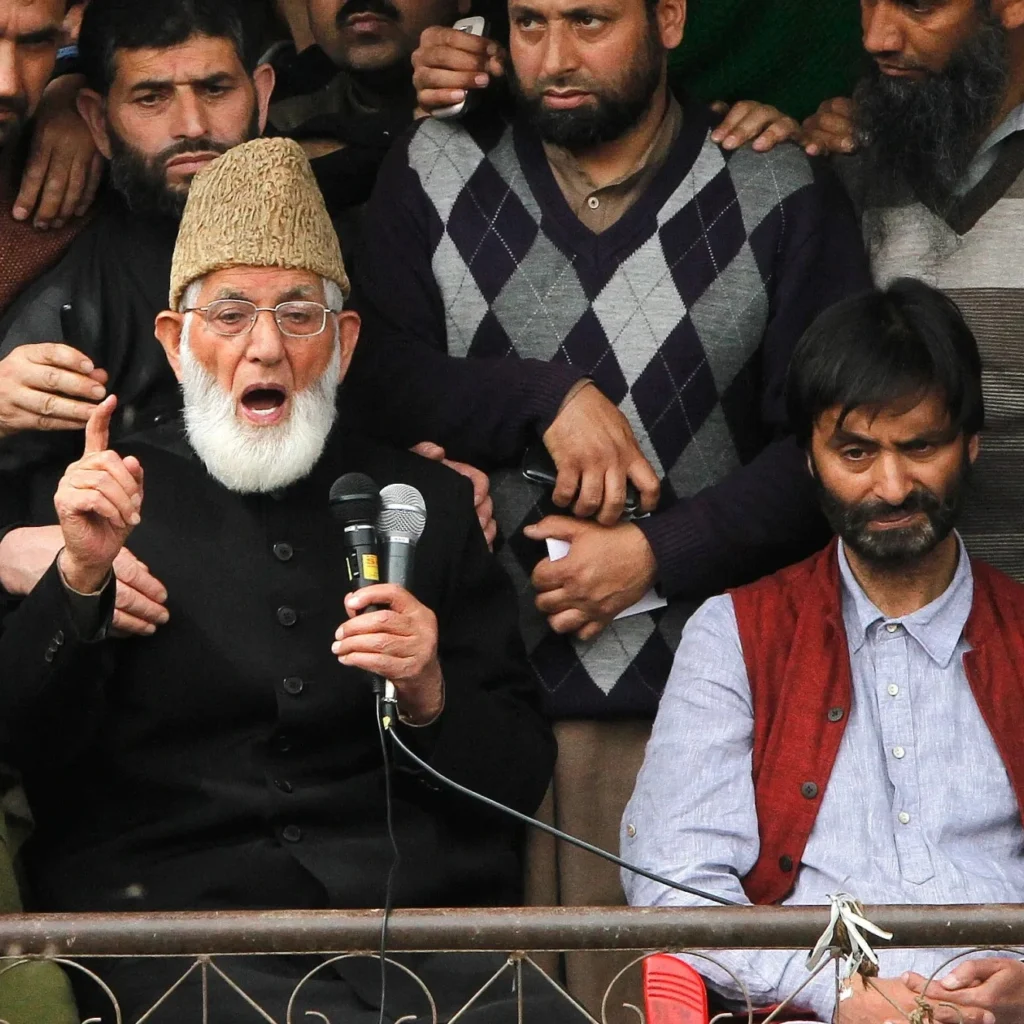
This blatant manipulation of the democratic process shattered the faith of a generation of Kashmiri youth who had put their trust in the ballot, and they decided to choose the only available option—the bullet. This event kickstarted the armed phase of the Kashmiri liberation movement.
The Uncompromising Ideologue:A Scholar of Decolonial Resistance
To understand Syed Ali Shah Gillani’s place in history, it is crucial to view him not just as a regional political figure but as one of the last prominent decolonial leaders of the 20th century. His unwavering stance, rooted in a rejection of political compromise, draws powerful parallels to figures like the Libyan resistance fighter, Omar Mukhtar, or the Algerian revolutionary, Frantz Fanon. Like these leaders, Gillani saw the struggle not as a negotiation over terms of subjugation, but as an absolute moral and spiritual imperative. His ideological clarity was in fact his strongest weapon.
This intellectual and political resistance was buttressed by his prolific literary work. He authored more than 34 books, primarily in Urdu, which served as a crucial intellectual resource for the movement. His writings, from political analysis to Islamic philosophy and personal memoirs, documented the Kashmiri struggle from his unique perspective. His book, Iqbal: Rooh-e-Deen Ka Shanasa, was a profound scholarly exploration of the poet-philosopher’s vision, highlighting Gillani’s deep intellectual alignment with a broader decolonial and pan-Islamic tradition. His life and struggle were a physical embodiment of a philosophical position, that true freedom cannot be bartered away for economic incentives or political crumbs.
In a political landscape often marked by shifting allegiances and compromises, Gillani’s ideological clarity was his defining characteristic. He became a staunch proponent of Indian occupied Kashmir’s accession to Pakistan, a position he saw as the only viable solution rooted in the historical context of the subcontinent’s partition. For him, the struggle in Kashmir was a continuation of the unfinished business of 1947. He saw Kashmir as the heart of Pakistan, and his famous slogan, “Hum Pakistani hain, Pakistan hamara hai” (We are Pakistanis, Pakistan is ours), became a powerful rallying cry for many who identified with his vision.
Such was his clarity of thought that he declared
“Even if India paves our roads with gold and diamonds in place of stones, even then it cannot pay for the blood of our Martyrs. Even then it cannot stop us from seeking Freedom.”
This uncompromising vision positions him as a rare and unyielding figure in an age where decolonial movements have largely been co-opted or have settled for pragmatic, negotiated settlements.
Years of Confinement and Defiance
Gillani’s resolute refusal to compromise came at a heavy personal price. He spent a significant part of his life in detention, beginning with his first jailing in 1962. His years in prison and under house arrest, including the last decade of his life, were a brutal manifestation of the state’s efforts to silence dissent. Yet, far from breaking his resolve, these periods of confinement paradoxically amplified his moral authority among his supporters. The isolation imposed upon him by the Indian government seemed to reinforce his image as a defiant leader who could not be swayed. His home in Srinagar became a de facto jail, but it also became a powerful symbol of resistance. “I have no regrets for what I have done,” he famously stated. “I stand by my principled position and will continue to stand by it.” This conviction was further echoed in his belief that “Life and death are ultimately in God’s hands. Ideas are important. Aspirations matter. Not individuals.” This period of his life mirrored the broader Kashmiri struggle, a state of constant siege, but with a spirit that refused to be subdued.
A Final Act of Suppression
The final chapter of his life was perhaps the most poignant and tragic. After his death in 2021, authorities imposed a strict security lockdown, including a communication blackout, to prevent a large public funeral. His body, wrapped in a Pakistani flag by his family, was taken by force and buried in a pre-dawn ceremony under the cover of a massive police and military presence, without the presence of his family and thousands of supporters who wished to pay their last respects. The hasty and secretive burial, a final indignity inflicted upon a man who had already sacrificed so much, was widely condemned as a violation of basic human rights and religious freedom. It was a stark and tragic reflection of the very struggle he had dedicated his life to, a final act of suppression against a man whose voice they feared even in death.
The Enduring Influence
For decades, Syed Ali Shah Gillani was the symbol of popular resistance for a generation of Kashmiris who sought to determine their own destiny. He provided an ideological anchor for the All Parties Hurriyat Conference (APHC), a coalition of Kashmiri political and religious groups. His leadership transcended mere politics; it was a moral and spiritual guidance for those who felt betrayed and marginalized. He did not lead a conventional political movement, but rather embodied the unyielding Kashmiri aspiration for dignity and self-determination. The seeds of resistance that this icon of defiance sowed into the hearts of three generations against the Indian illegal rule will surely bear the fruit in the form of Kashmiris’ liberation one day.
The legacy of Syed Ali Shah Gillani is complex, and his unwavering stance drew both immense admiration and criticism. To his supporters, he was a principled revolutionary, a man of profound conviction who would not be broken. To his detractors, he was a rigid figure whose uncompromising politics fueled decades of conflict. But regardless of one’s perspective, there is no denying his immense influence. He did not live to see the end of the conflict he fought for, but his life’s work left an indelible mark on the struggle. His story is a testament to the endurance of a voice that refused to be silenced, even when everything around it was designed to mute it. The memory of his defiant spirit will live on, a beacon for future generations who continue to seek a final resolution for the Kashmir dispute.


